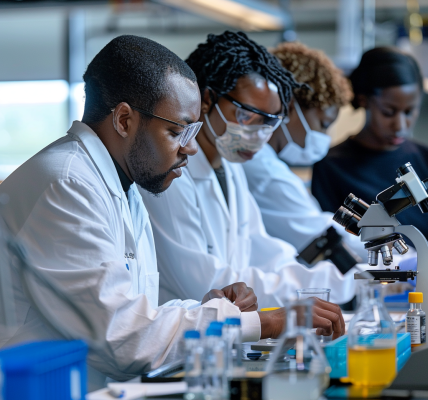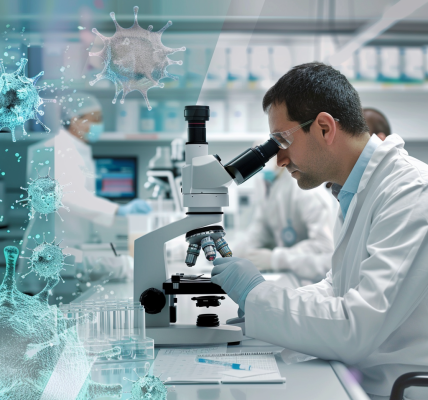A recent review article published in the npj Science of Food journal has shed light on the potential of precision nutrition to address the metabolic reprogramming and dysregulation induced by the SARS‐CoV‐2 virus in long-COVID patients.
The article emphasizes that the SARS‐CoV‐2 virus lacks metabolic capacity and thus relies on hijacking the host cellular metabolic machinery for its replication and propagation. This process leads to severe human metabolic reprogramming/dysregulation (HMRD), affecting various metabolic pathways and leading to immune dysfunction and redox imbalance in the body.
The virus interacts with specific cellular targets in the human body, triggering a rewiring of sugar, amino acid, lipid, and nucleotide metabolism, as well as altered bioenergetics. The infectious process involves the hijacking of major human receptors and proteases for cellular entry, leading to various clinical phases and outcomes of COVID-19.
Notably, the article highlights that about 25–70% of virus-free COVID-19 survivors continue to experience persistent, exacerbated, or new clinical symptoms, collectively referred to as post-acute sequelae of COVID-19 (PASC) or long COVID. PASC patients may experience over 200 different symptoms that can last for weeks to months.
The chronic PASC condition is attributed to at least 10 different HMRD-related pathophysiological mechanisms, involving both virus-derived virulence factors and host responses.
This review underscores the importance of precision nutrition in addressing the metabolic reprogramming and dysregulation induced by the SARS‐CoV‐2 virus in long-COVID patients. The findings provide valuable insights into potential strategies for managing and treating long-term COVID-19 symptoms, offering hope for individuals grappling with the lingering effects of the virus.





